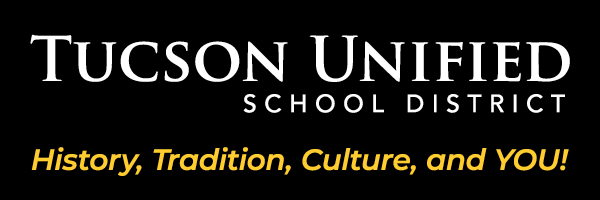Homeless Assistance Act
What is McKinney-Vento, exactly?
The McKinney-Vento Homeless Education Assistance Act is a homeless assistance program and federal law that ensures immediate enrollment and educational stability for homeless children and youth. McKinney-Vento provides federal funding to states for the purpose of supporting district programs that serve homeless students.
For more information on the National Center for Homeless Education and McKinney-Vento Homeless Assistance Act, visit the website for the National Center for Homeless Education.
Eligibility:
A student is eligible for McKinney-Vento assistance because of:
- Temporary homelessness due to hardship
- Housing that is substandard or considered inadequate
- Being considered an unaccompanied youth, which refers to a minor not in the custody of a parent or guardian.
Eligible Students have the right to:
- Go to school, no matter where or how long they have lived in the area
- Be given the same access to public education as other students, including pre-K.
- Continue their education in school of origin or residence
- Be transported to their original school, if living outside of their school's attendance borders
- Attend and participate in programs at their school with other students
- Enroll in school without having a permanent address
- Attend classes while the school arranges for required enrollment documents (immunization records, etc.)
- Participate in the same special programs and services provided to all other students in the same programs
- Receive Title I services, including free breakfast and lunch all school year, and 30 days into the next school year.
Automatically eligible families do not have to fill out any paperwork.
Services Provided:
- Homeless, Neglected, and Delinquent Services
- Clothing, Uniforms, Undergarments, and Shoes
- Backpacks, School Supplies, Extracurricular/Elective Fees, and Cap and Gown for graduation
- Toiletries/ Hygiene Kits
- Transportation
- Food Services
(including services at the Food Pantries at the Wakefield and Southwest Family Resource Centers)

